News
-
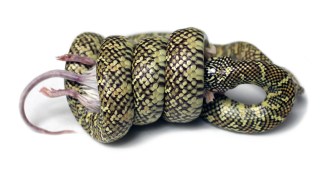 Ecosystems
EcosystemsA king snake’s strength is in its squeeze
King snakes feast on other, larger snakes, perhaps thanks to superior constricting abilities, new research suggests.
-
 Science & Society
Science & SocietyWhite House budget plan would slash science
President Donald Trump’s budget proposal for fiscal year 2018 includes some big cuts for science.
-
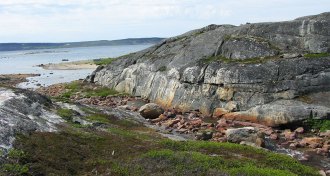 Earth
EarthRemnants of Earth’s original crust preserve time before plate tectonics
Canadian rocks containing bits from 4.2 billion years ago suggest that full-fledged plate tectonics had a late start.
-
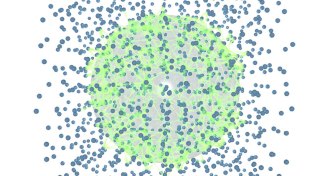 Physics
PhysicsSuperfluid helium behaves like black holes
Simulations of superfluid helium show it follows the same unusual entropy rule that black holes do.
-
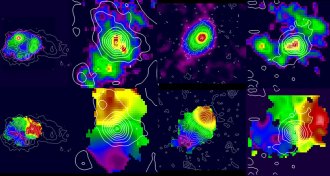 Astronomy
AstronomyDistant galaxies lack dark matter, study suggests
Slower-than-expected velocities of stars in distant galaxies, if confirmed, could reshape astronomers’ ideas of galaxy formation and evolution.
-
 Neuroscience
NeuroscienceMaking a mistake can put your brain on ‘pause’
When there’s not much time to recover, one error can lead to another.
-
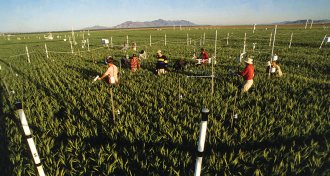 Climate
ClimateChanging climate could worsen foods’ nutrition
Climate change could aggravate hidden hunger by sapping micronutrients from soils and plants, reducing nutrition in wheat, rice and other crops.
By Susan Milius -
 Quantum Physics
Quantum PhysicsQuantum counterfeiters might succeed
Physicists demonstrate security issue with quantum cash.
-
 Genetics
GeneticsHow to grow toxin-free corn
Corn genetically altered to produce specialized molecules may prevent a fungus from tainting it with carcinogenic toxins.
-
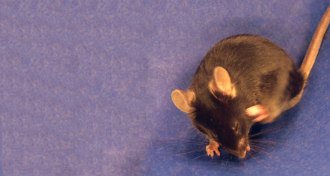 Neuroscience
NeuroscienceScratching is catching in mice
Contagious itching spreads by sight mouse-to-mouse, and scientists have identified brain structures behind the phenomenon.
By Susan Milius -
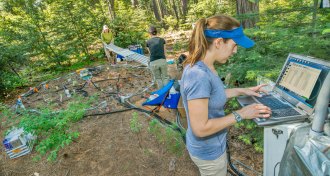 Earth
EarthWarming soils may belch much more carbon
New measurements suggest soils below 15 centimeters deep could play a sizable role in boosting carbon emissions as the planet warms.
-
 Archaeology
ArchaeologyAncient nomadic herders beat a path to the Silk Road
Herders’ mountain treks helped mold the Silk Road, an ancient, cross-continental trade network.
By Bruce Bower